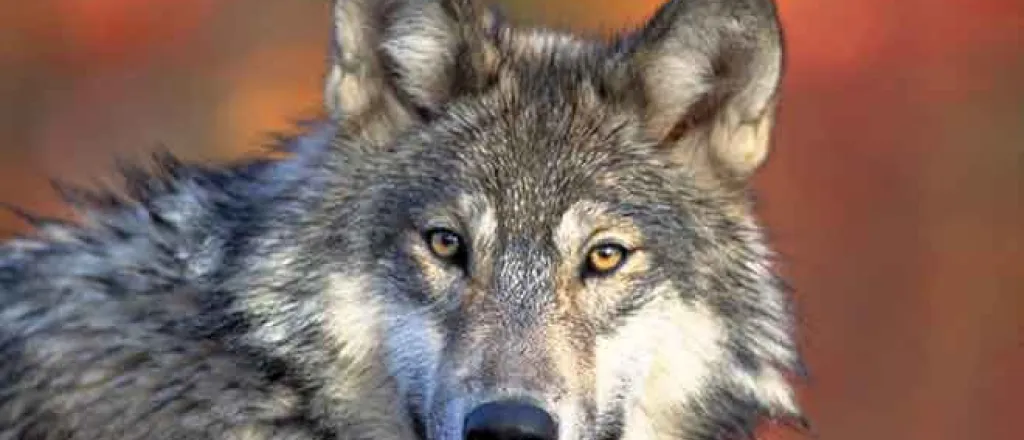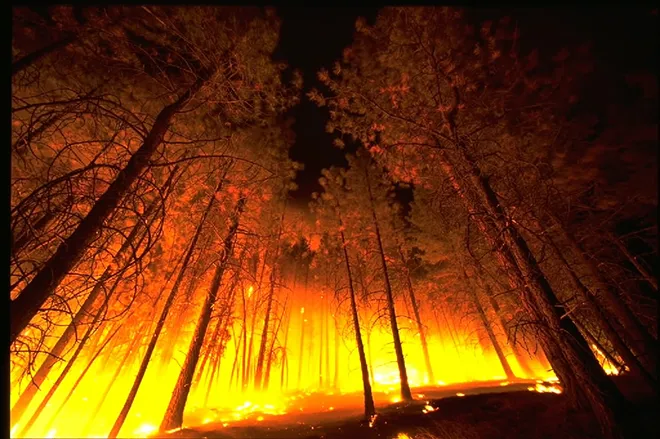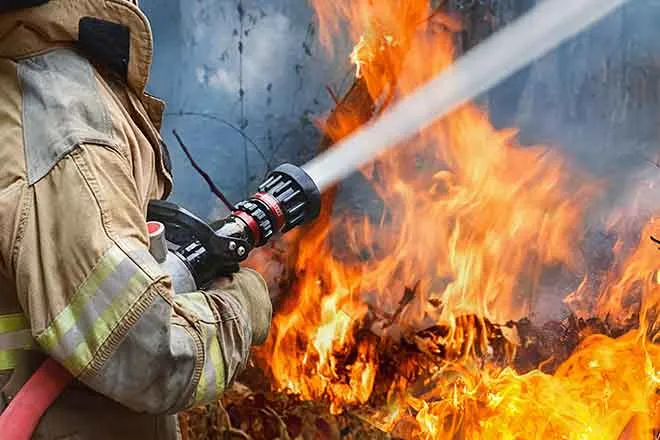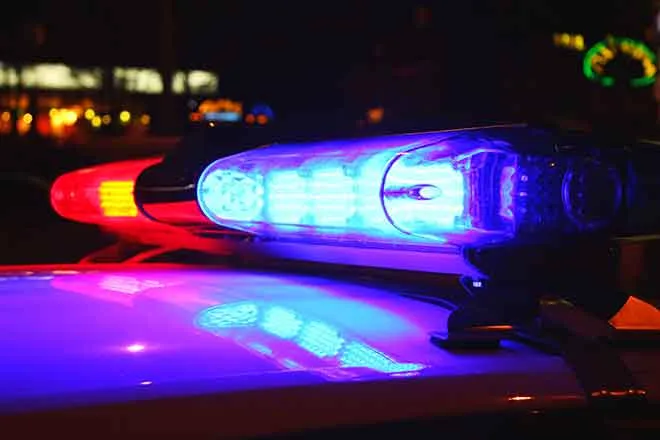
Polis vetoes bipartisan bill that could have delayed Colorado wolf reintroduction
(Colorado Newsline) Colorado Governor Jared Polis Tuesday vetoed legislation passed by lawmakers in the General Assembly that his administration said could have thrown a wrench into the state’s plans to reintroduce gray wolves to the state by the end of this year, as required by a ballot measure approved by voters in 2020.
Senate Bill 23-256 had been approved by bipartisan majorities in the Legislature. Supporters said the law was necessary to ensure that Colorado ranchers wouldn’t be exposed to criminal liability for protecting livestock from newly reintroduced wolves. The bill would have prevented state wildlife officials from carrying out their restoration plans until the federal government issues a special 10(j) rule authorizing the “lethal take” of wolves that pose a repeated threat.
Polis, who supports the issuance of the rule, wrote in a veto letter that SB-256 was “unnecessary and undermines the voters’ intent” in passing Proposition 114 three years ago.
Named for the relevant section in the Endangered Species Act, a 10(j) allows the U.S. Fish and Wildlife Service to designate certain protected species as “experimental populations.” Under such a designation, Colorado’s new wolf populations would, under certain circumstances, be subject to lethal control, as well as “injurious nonlethal” methods and “intentional harassment,” which the Endangered Species Act would otherwise prohibit.
Proposition 114 directed Colorado Parks and Wildlife to “take the steps necessary to begin reintroductions of gray wolves by December 31, 2023.” Supporters of the measure and the Polis administration have consistently interpreted that to mean “paws on the ground” by that date, and earlier this month state wildlife commissioners gave final approval to a plan that calls for wolves captured in other states to be released in a designated zone centered on the Glenwood Canyon area beginning later this year.
State Rep. Matt Soper, a Republican from Delta and a sponsor of SB-256, argued in a hearing last month that the issuance of a 10(j) rule would constitute a “necessary step” towards reintroduction, but state officials rejected that interpretation.
“If signed into law, this bill impedes the coordination that has been underway for over two years by the U.S. Fish and Wildlife Service, Department of Natural Resources and Colorado Parks and Wildlife that includes a one million dollar commitment from the State of Colorado to complete the 10(j) draft rule and draft environmental impact statement,” Polis wrote in the veto letter. “This could also lead to unnecessary delays and revisions to the rule.”
Colorado began the process of securing the 10(j) designation in July 2022, and though the process is subject to the often lengthy review process under the National Environmental Policy Act, the governor expressed confidence Tuesday that it will be complete by December.
“The Parks and Wildlife Commission has already invested significant resources into this process and, due to their hard work, Colorado is on track to secure the 10(j) before the end of the year,” Polis wrote. “The management of the reintroduction of gray wolves into Colorado is best left to the Parks and Wildlife Commission as the voters explicitly mandated.”
Polis on Tuesday also vetoed two other bills. He vetoed House Bill 23-1214, which would have formalized the process for an incarcerated person to apply for a commutation, and he vetoed House Bill 23-1147, which was meant to increase access to driver training and exams in underserved areas.
Colorado Newsline is part of States Newsroom, a network of news bureaus supported by grants and a coalition of donors as a 501c(3) public charity. Colorado Newsline maintains editorial independence. Contact Editor Quentin Young for questions: info@coloradonewsline.com. Follow Colorado Newsline on Facebook and Twitter.

















